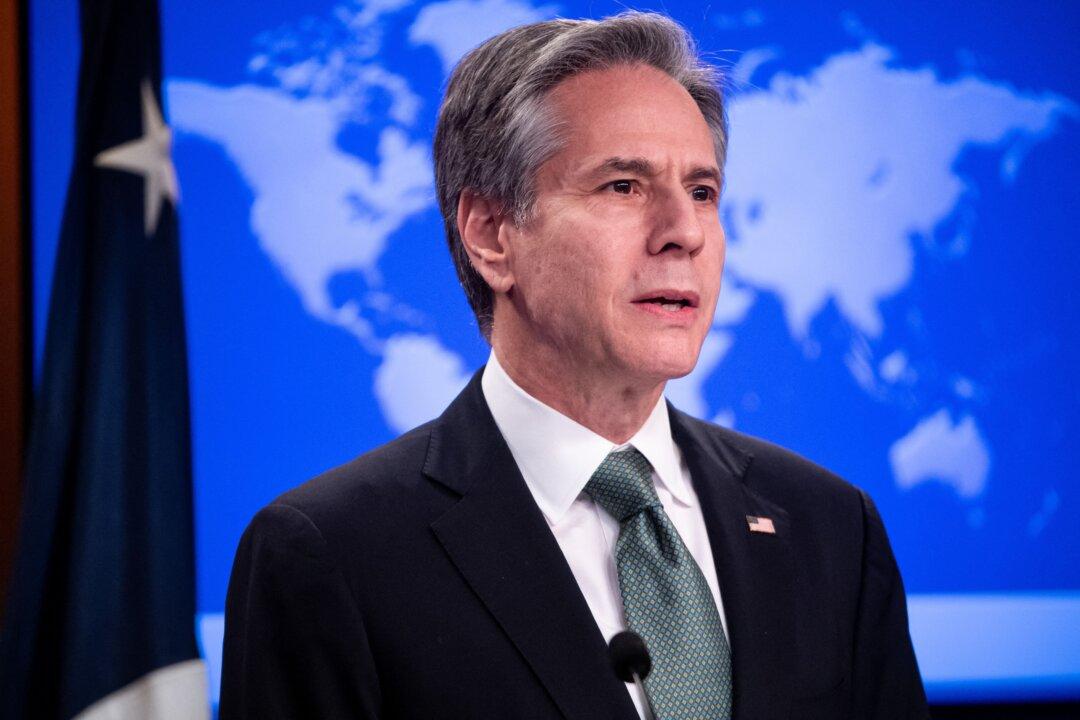The U.S. State Department launched a new bureau on April 4, which will introduce new bureaucracies to contend with emerging issues in cybersecurity through policy development and coordination.
The Bureau of Cyberspace and Digital Policy (CDP) will seek to “address the national security challenges, economic opportunities, and implications for American values associated with cyberspace, digital technologies, and digital policy,” according to a statement by the State Department.




